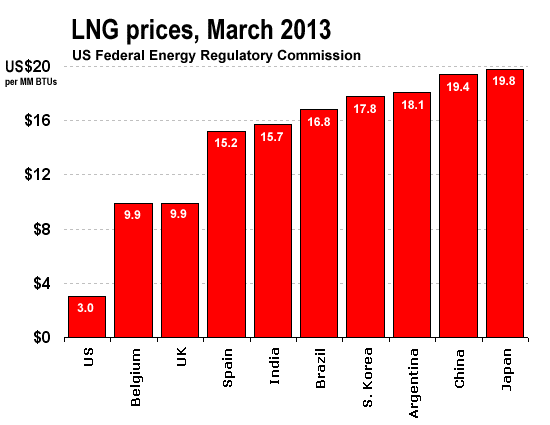
 By Roger J Kerr
By Roger J Kerr
Last Friday’s lower than expected US jobs figures pushed 10-year Government Bond yields back to 1.71%, which provides another opportunity for local corporate borrowers to fix their interest rates at acceptable levels for the long term.
As NZ bonds and swaps follow the US rates, our 10-year swap interest rates have correspondingly reduced from 4.25% a few weeks ago to 3.90% this morning.
Why is this reduction in long-term interest rates an ideal hedging opportunity?
The decrease in the US yields appears to be very temporary as there is no evidence that the US economy has all of a sudden hit a bump in the road.
The US Non-Farm Payrolls employment increase for March of only 88,000 jobs is well down on the near 200,000 increases we have see in recent months.
We are very sceptical about the seasonal adjustments to the US jobs data series and they appear to be distorting the monthly employment results in the middle part of each year.
There were massive job losses in the US in mid 2009 at the height of the GFC. The jobs lost in the economy at that time were 700,000 plus. Those large one-off decreases have been mucking up the seasonal adjustment calculations ever since, resulting in strong jobs growth numbers at the start of each year, followed by weaker numbers through the middle part of each year.
Therefore it would be unwise to read too much into the weaker than expected March figures.
US retail firms reduced staffing levels in March ahead of potential weaker consumer demand due to the increases in income tax rates. However, US consumer spending and confidence has remained relatively buoyant over recent months, thus the retailers may have miss-read their market here.
Other US lead-economic indicators do not suggest the economy has suddenly slowed.
Indeed, construction, manufacturing, services and business investment are on strong increases. A major reason for the confidence and growth in the USD economy at this time is the massive reduction in energy costs manufacturers and other are enjoying. Natural gas prices have tumbled and profit margins are up as a result.
The upcoming profit reporting season in the US will confirm the strong equity market gains Wall Street has posted over recent months.
Lower energy costs from the revolution in shale gas extraction by fracking technology are a huge boost to US competitiveness, as well as keeping inflation low.

Another contributing factor to the recent drop in US Treasury Bond yields has been global funds moving out of the plummeting Japanese Yen currency as the Japanese authorities experiment with “mega-QE” money printing.
In times of uncertainty, be it currencies like the Yen sinking or North Korea geo-political threats or the contagion “non-event” from Cypriot banking collapses, international investment funds head for the security and safety of US Government Bonds.
I see this latest decrease in US bond yields as proving to be short-lived with upcoming US economic data likely to reverse the sentiment and direction of long-term interest rates.
------------------------------------------------------------------------------------------------
To subscribe to our daily Currency Rate Sheet email, enter your email address here.
No chart with that title exists.
Roger J Kerr is a partner at PwC. He specialises in fixed interest securities and is a commentator on economics and markets. More commentary and useful information on fixed interest investing can be found at rogeradvice.com

We welcome your comments below. If you are not already registered, please register to comment
Remember we welcome robust, respectful and insightful debate. We don't welcome abusive or defamatory comments and will de-register those repeatedly making such comments. Our current comment policy is here.